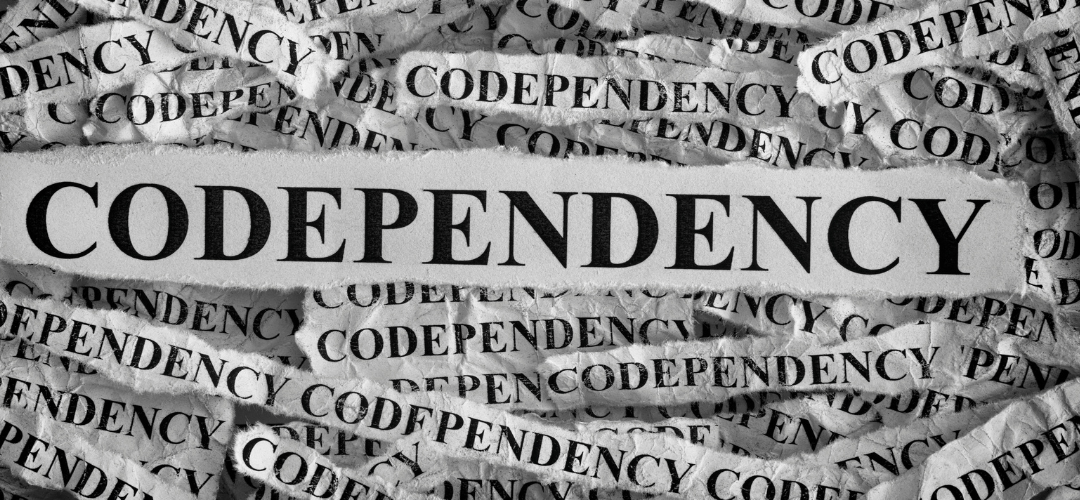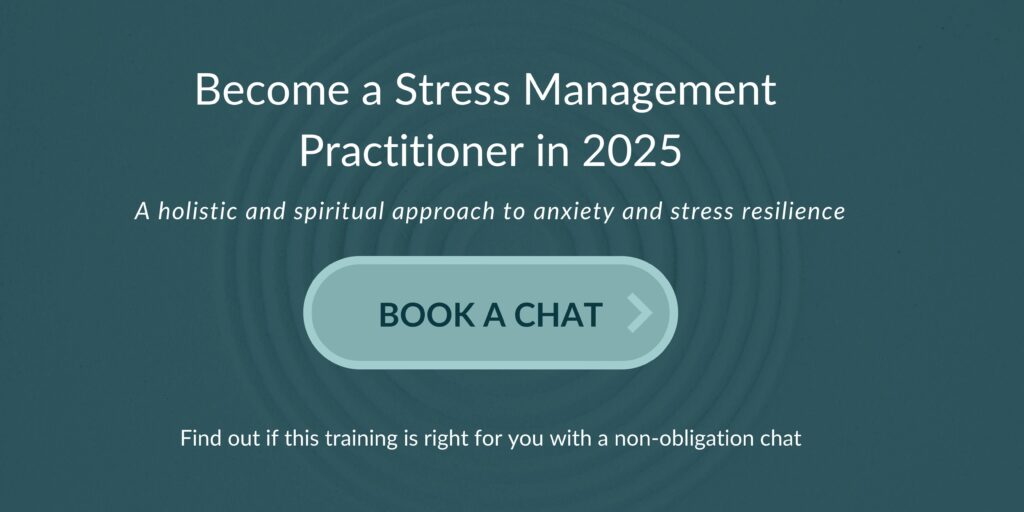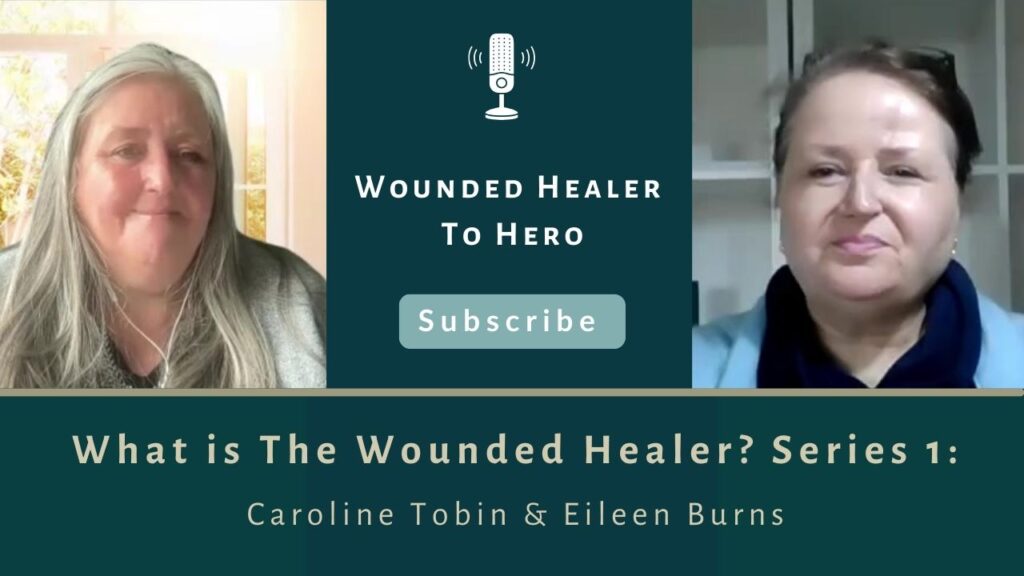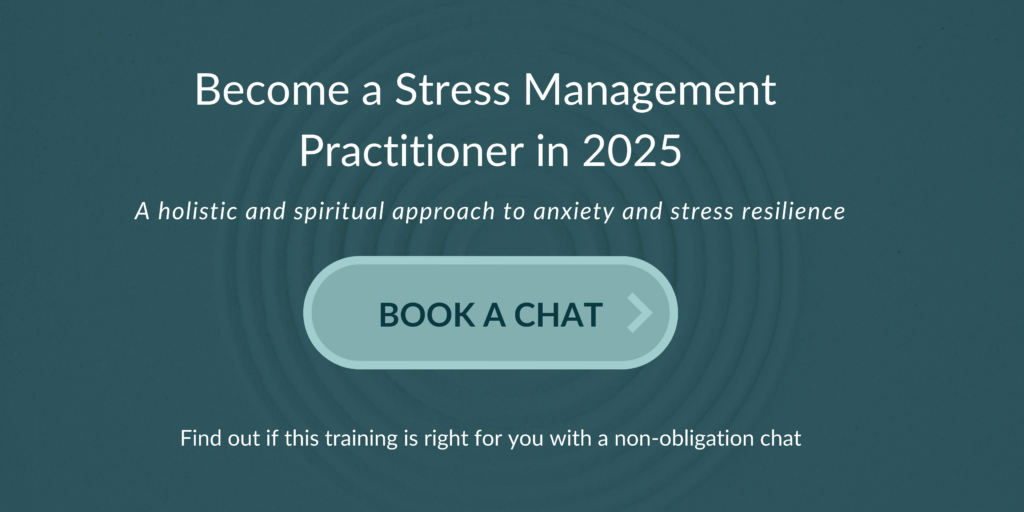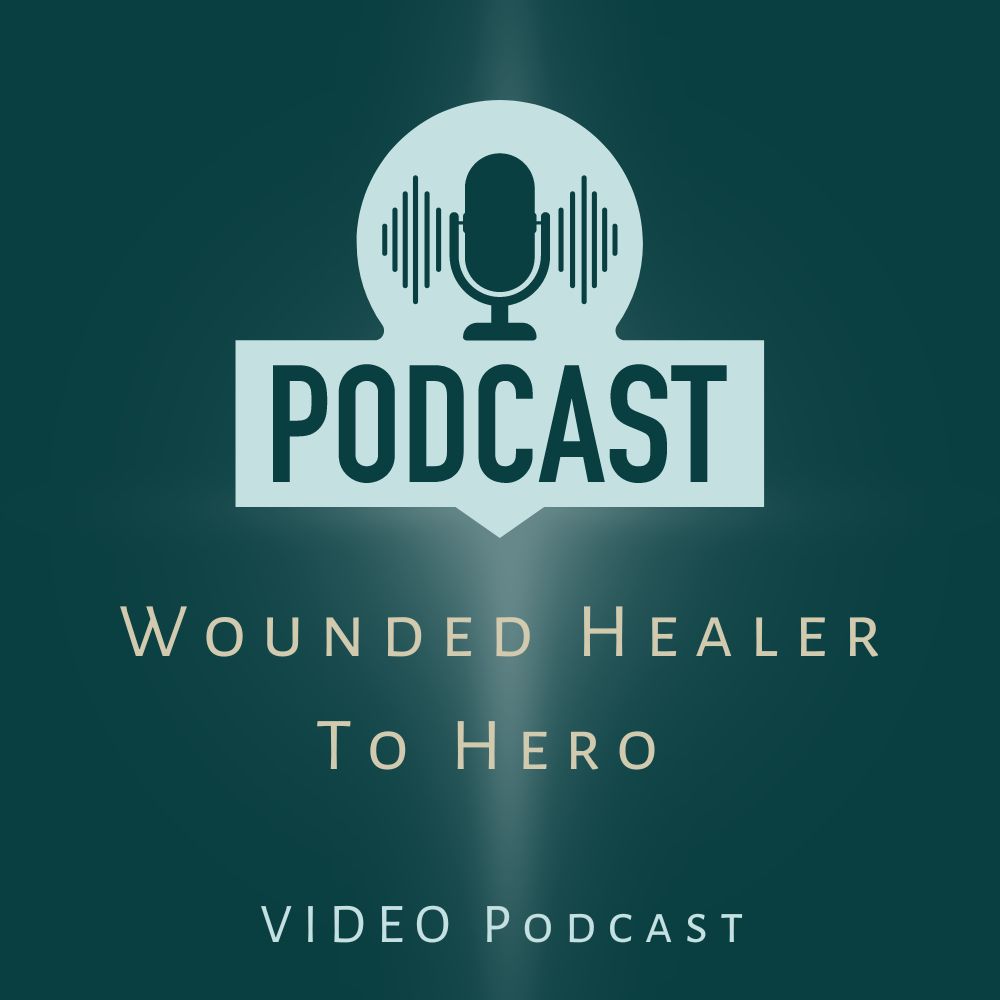Signs Of Codependency In The Therapist- Client Relationship
Common Signs of Codependency In The Healer Or Therapist-Client Relationship. Why you may be unconsciously creating codependent issues in your therapy, coaching, or healing practice. Why I believe we need more teaching on how to reduce codependency, and codependent relationships in the coaching, healing, or therapeutic setting.
What Is Codependency?
According to Dr. Exelberg “Codependency is a circular relationship in which one person needs the other person, who in turn, needs to be needed. The codependent person, known as ‘the giver,’ feels worthless unless they are needed by — and making sacrifices for — the enabler, otherwise known as ‘the taker.” – Dr. Exelberg
Codependency In Therapists, Healers, Coaches
Codependency is very common in therapists, healers, and coaches. Darlene Lancer. M. F. T. suggests that perhaps “some codependency is prerequisite to becoming a therapist, and perhaps even essential to become a good one – for who else would take such pleasure in focusing on helping others – often at the expense of their own needs.”
But codependency on a whole is generally harmful to the client, it is extremely disempowering because the client has become in some way or many ways dependent on the therapist or healer.
Consciously or unconsciously, the therapist and healer have encouraged or created a habit of dependency or need.
Increase In Codependency In Therapy, Healing, And Coaching
I think there are many reasons why codependency is such a big issue in the therapy, coaching, and healing sector today.
One big reason I think the healing sector creates a lot of co-dependency issues is that many energy and healing modalities today tend to be taught in a more fast-track training style over a few days or weeks. Compared to many other therapeutic modalities taught over months or years.
The reality is many fast-track training schools are designed to give someone extra skills or just a certificate rather than go into really in-depth training that explores the many facets of codependency issues, or enough experience to help the therapist, healer or coach increase their level of awareness and develop better self-awareness.
Common Signs Of Codependency In Therapy, Healing, And Coaching
Enabling Instead Of Empowering
Where the therapist or healer encourages the client to depend on them for healing, and therapy instead of taking self-responsibility or action to eliminate their present challenges. .Many unaware healers and therapists unknowingly encourage very serious co-dependency issues.
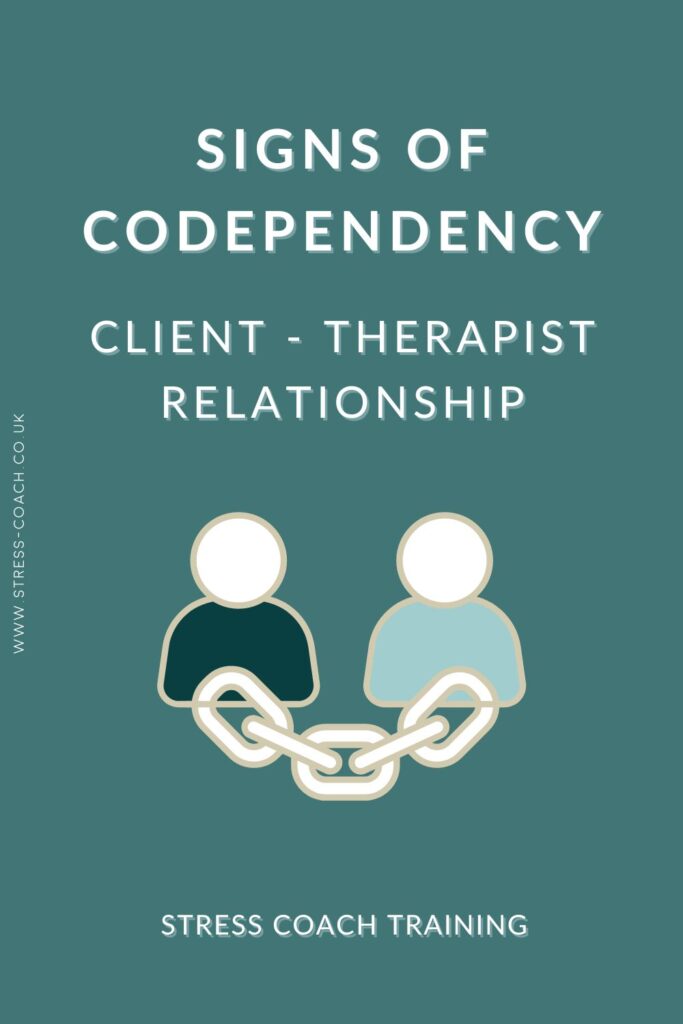 On my own healing and therapy journey I met so many healers and therapists who wanted me to go to them weekly or monthly for years even though their form of therapy or healing modality was not helping me.
On my own healing and therapy journey I met so many healers and therapists who wanted me to go to them weekly or monthly for years even though their form of therapy or healing modality was not helping me.The biggest empowerers shared freely their knowledge and wisdom and this is one of the reasons that despite being a highly trained healer, coach, and therapist I became more of a teacher, trainer, and empower than healer.
I wanted to be the kind of therapist, and healer who gave my clients and students the skills to help themself. I never wanted to see my clients and students as just cash cows, which sadly is something some business models are being built on.
The Need To Be Always Loved or Liked
Codependency issues can also be formed when the healer, coach, or therapist needs or just wants to be liked. When they look at their role as being likable or most loved rather than doing or saying what is right.
As I explain to my students, of course, it is important that a client feels safe and comfortable and of course, there has to be some sort of likeability for client attraction.
But in some ways is not your job to be loved. Your job is to support them in the best way and sometimes that is saying things they don’t necessarily want to hear. It can involve challenging the client which may trigger them. Now this can depend on what type of therapist or healer you are.
Focusing On Attracting Any Type Of Client
Focusing on just attracting any clients than the right clients can be another sign of codependency. This comes with issues similar to those discussed above where you may not be being honest with yourself or the client. And are so focused on just helping you don’t consider if you are the right therapist or healer for that client.
I have lost count through the years of how many therapists or healers convinced me they could help me when in reality I was wasting months or years and a lot of money on someone who couldn’t help me take that next leap in my health. I was with one homeopathic doctor for 5 years until she told me I don’t think this is right for you.
The Rescuer And Overgiver Traits
Many of us in the therapeutic and self-help field can come into this work with very strong rescuer traits and over-giving traits. This is one area I have had to do a lot of work on and still do. It is so easy for anyone who has rescuer tendencies to become more of the fixer, doer, or enabler, especially in clients who arrive with strong victim traits. Where the client has to start taking more self-responsibility and action and stop expecting others to do the work for them.
The over-giver therapist or coach can too easily find themself in a situation where the client comes to expect, feel entitled, or come to depend on that extra help, support, or time. And where the rescuer is their fixer, enabler, and in some ways disabler, as they are not allowing the individual to grow.
Taking Things Personally
It is important in the therapeutic, healing, and coaching role not to take things personally and to know your role is to support, help, and empower your client. This includes the client’s right to disagree and choose what they feel is best for them.
Many healers and coaches can feel very slighted when clients criticize them, disagree with them, or choose not to continue working with them. Or get very defensive when they do not get the feedback, testimonials, or reviews they hoped for or wanted.
It is important to assess areas of work or business we need to improve on. You may well have codependency issues if your ego just wants praise and cannot take disagreement or a less-than-perfect review.
Unhealthy Boundaries
It is important to have clear boundaries in your business and the client-to-therapist relationship. And to discourage clients from expecting or seeking your help with the client-therapist session. If you are someone who struggles with boundaries, it is important to be firm on these boundaries.
Throughout my career, I experienced many situations where my challenges with boundaries were tested to the limit and often broken to the limit. Being someone who provided a lot of online courses and programs I would attract many clients and customers who seem to think because they purchased something from me that they now could send me long emails, long questions, and advice whenever they liked without any value or respect for my time.
Some came with very unrealistic expectations. I learned the hard way how important it was to create a business that had more strict boundaries to prevent codependency problems. And it is one of the reasons in my social media groups I encourage both clients and students to ask questions in my groups rather than to email me or inbox me. And it was one of the main reasons I closed one group down many years ago.
Codependency Issues Of Social Media
I believe the very structure of social media is an open door to all sorts of codependency issues for many people on many levels. It has created a situation where in some ways many people seek and expect to get so many things for free.
We have created a situation even where many small business owners come in with a certain amount of codependency on free advertising, free information, free advice, and tips. And for some, if they don’t get certain things for free or at a low cost there is a strong victim mentality and reactivity.
Codependency Issues In Society, Medicine, Government
Codependency issues are prevalent in many parts of society, where we have become reliant or dependent on a facet of society. Just look at how society has encouraged us to give our power away. Give over our health, and health choices over to other people today without any form of self-inquiry.
How much of society has given over personal power to governments to make moral, ethical, and societal decisions on our behalf? To such an extent we constantly blame them when things go wrong but never do anything to change the status quo.
In many ways, they have enabled us, encouraged the codependent relationship, and encouraged us to give our power away. But we have allowed it and are often not doing enough to change that.
It is time for us to move away from codependency and independent co-creation where we all take back our sovereignty and our power. Where we work together, helping each other in an empowering less codependent way.

